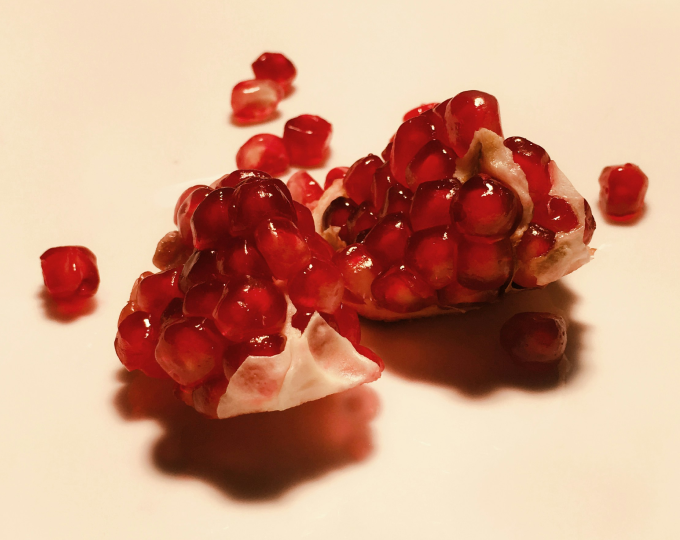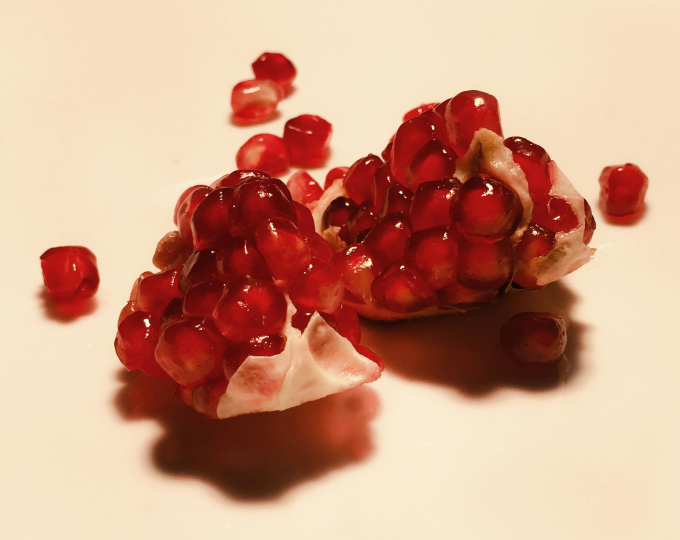Themen dieses Blogartikels:
What is PQQ?
Pyrroloquinoline quinone (PQQ) is an important cofactor in metabolic processes. It is a water-soluble, vitamin-like substance that is related to the B vitamins.1 PQQ is also known as methoxatin.
What functions does PQQ have?
PQQ was only discovered in 2003, so its functions are still being researched. Pyrroloquinoline quinone is probably an important redox cofactor: as a catalyst, the substance supports the transfer of one or more electrons between different substances. As a result, PQQ plays an important role in energy metabolism and supports cell growth.2 PQQ also acts as a powerful antioxidant, i.e. a so-called radical scavenger.
What makes PQQ unique?
PQQ has the ability to stimulate the formation of new mitochondria in ageing cells. Mitochondria are the energy powerhouses of our cells - but the building blocks involved can wear out over time or under high levels of stress. This is where PQQ comes into play: the vitamin-like substance can counteract wear and tear and thus contribute to normal mitochondrial function.3
How much PQQ do you need per day?
Whether PQQ is an essential nutrient for humans that must be consumed in the diet is still being researched. To date, however, no standard requirement has been established for PQQ.4 It is estimated that we consume an average of 0.1 to 1.0 mg per day.5
When do you particularly need PQQ?
Initial studies have provided evidence that PQQ can be particularly helpful in cases of reduced mitochondrial function or increased oxidative stress. In addition, pyrroloquinoline quinone has an anti-inflammatory, immunomodulatory effect and can therefore be used to treat inflammatory diseases. Studies with mice have also shown the influence of PQQ on fertility.6 It is assumed that the substance has a similar effect in humans.7 Furthermore, studies have shown PQQ to be neuroprotective, which is why the vitamin-like compound is said to have a positive influence on memory function.8
How does a PQQ deficiency develop and how does it manifest itself?
At present, PQQ is not yet classified as an essential nutrient. This is because it is also possible that the human gut microbiome can produce a small amount of it itself. Nevertheless, it is suspected that a deficiency of PQQ occurs if this substance is not sufficiently absorbed through the diet.9 In studies with mice, a diet low in PQQ led to a weakened immune system, reduced growth, vulnerable skin and a lower reproduction rate.10
What happens in the event of an overdose of PQQ?
A daily intake of 10 to 20 mg PQQ is considered safe.11 Overdosing or hypersensitivity to PQQ can lead to mild headaches and/or insomnia.12 It is not recommended for children, pregnant women and breastfeeding mothers.
Which foods contain particularly high levels of PQQ?
PQQ can be produced by certain microorganisms, especially methylotrophic bacteria. Some plants and animals are also able to produce PQQ. Accordingly, the vitamin-like substance is found in various types of fruit and vegetables as well as herbs, including kiwi, green peppers and parsley. Meat, eggs and milk also contain small amounts of the substance. A particularly good source of PQQ is the Japanese specialty Nattō, which consists of fermented soybeans. Other fermented foods such as tofu and miso also contain comparatively high levels of pyrroloquinoline quinone.
This dictionary entry is based on carefully researched sources:
Bibliography & Sources
- naturafoundation.de/Wissenszentrum/Monographien/198/pqq
- spektrum.de/lexikon/biologie/pqq/53399
- orthoknowledge.eu/naehrstoffe/pyrroloquinoline%20quinone
- consumerzentrale.nrw/sites/default/files/2020-02/Heft_1_19_Web.pdf
- naturafoundation.de/Wissenszentrum/Monographien/198/pqq
- orthoknowledge.eu/naehrstoffe/pyrroloquinoline%20quinone
- deutsche-apotheker-zeitung.de/daz-az/2003/daz-19-2003/uid-9706
- pubmed.ncbi.nlm.nih.gov/12383230/
- orthoknowledge.eu/naehrstoffe/pyrroloquinoline%20quinone
- deutsche-apotheker-zeitung.de/daz-az/2003/daz-19-2003/uid-9706
- ebnam.org/pqq
- bio-medizinblog.de/pqq-mehr-energie-fuer-die-krafte-der-zellen/
- ebnam.org/pqq








